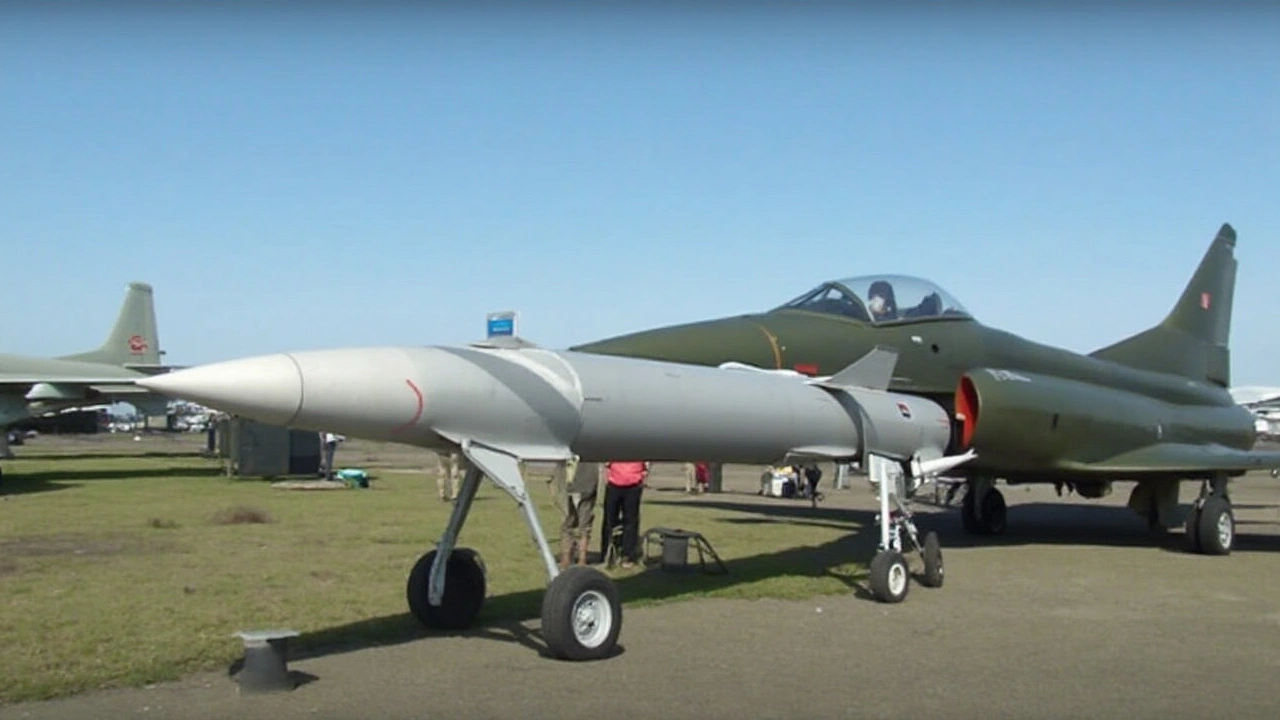NATO Support – Why It Matters and How You Can Help
When you hear the word NATO, you might picture big tanks, fighter jets, or high‑level meetings in Brussels. Behind the headlines is a simple idea: countries working together to keep peace. That cooperation only works when members and friends chip in with resources, expertise, and even everyday goodwill. In plain terms, NATO support is the lifeline that lets the alliance respond fast, stay ready, and protect its members.
Think of NATO as a neighborhood watch. If one house sees a problem, the whole block pitches in. The same thing happens on a global scale. From funding joint training exercises to sharing intelligence, every bit of support strengthens the chain. Without it, the alliance would stumble over logistics, lose credibility, and risk letting threats grow unchecked.
What NATO Support Looks Like
Support comes in many shapes, and you don’t have to be a super‑power to make a difference. Here are the most common forms:
- Financial contributions: Member states pay a portion of the NATO budget. This money pays for shared facilities, research, and rapid‑response forces.
- Troop deployments: Nations send soldiers, pilots, or naval units for joint missions, peacekeeping, or disaster relief.
- Equipment sharing: Countries lend or donate gear—like armored vehicles or medical supplies—so the alliance can act quickly.
- Cyber and intelligence help: Sharing cyber‑defense tools or threat data protects all members from digital attacks.
- Training and exercises: Regular drills keep forces sharp. Even small contributions, like hosting a training site, matter.
Beyond the big players, many non‑member nations and organizations offer “partner support.” That can mean observer status in exercises, joint research projects, or humanitarian aid during crises.
Ways to Get Involved
Not a government official? No problem. You can still back NATO’s mission in practical ways:
- Stay informed: Follow reputable news sources on NATO developments. Understanding the issues helps you talk about them with friends and family.
- Support veterans: Many NATO operations involve troops from multiple countries. Volunteering with veteran charities or donating to medical fundraisers directly aids those who served.
- Advocate for defense spending: In democratic nations, citizens influence budget decisions. Write to your local representatives explaining why a strong NATO budget matters for security and economic stability.
- Promote cyber hygiene: Personal online safety adds up. Use strong passwords, update software, and educate others—this reduces the overall cyber threat that NATO combats.
- Participate in community resilience programs: Local disaster‑preparedness drills echo NATO’s larger exercises. Getting involved shows you value collective readiness.
Every action, big or small, feeds into the larger picture of a safer world. When nations see that their citizens care, they’re more likely to keep funding and improving joint capabilities.
Bottom line: NATO support isn’t just a government agenda; it’s a community effort. Whether through taxes, volunteering, or simply staying alert to security risks, you play a part in keeping the alliance strong. The next time you hear about a NATO mission, think of the many hands—both on the battlefield and at home—making it possible.
